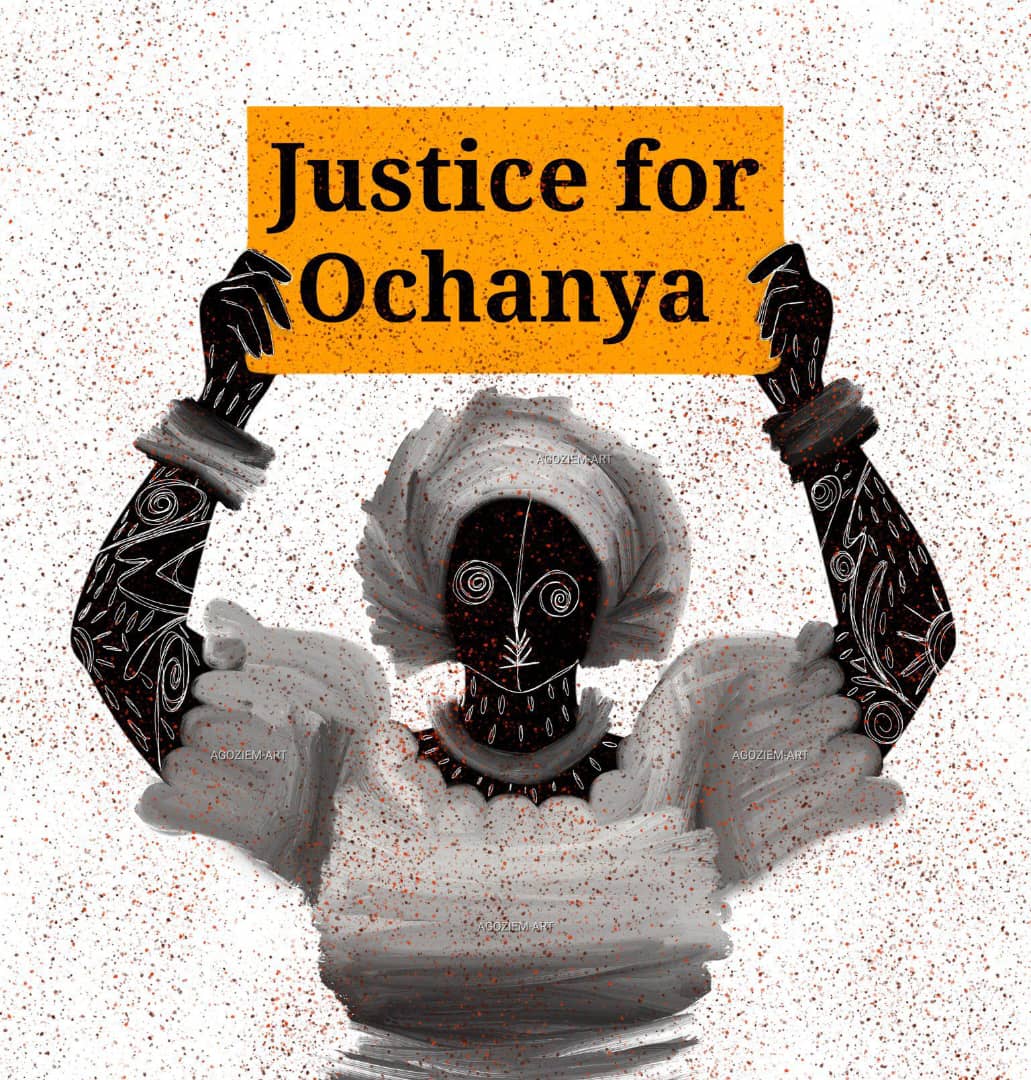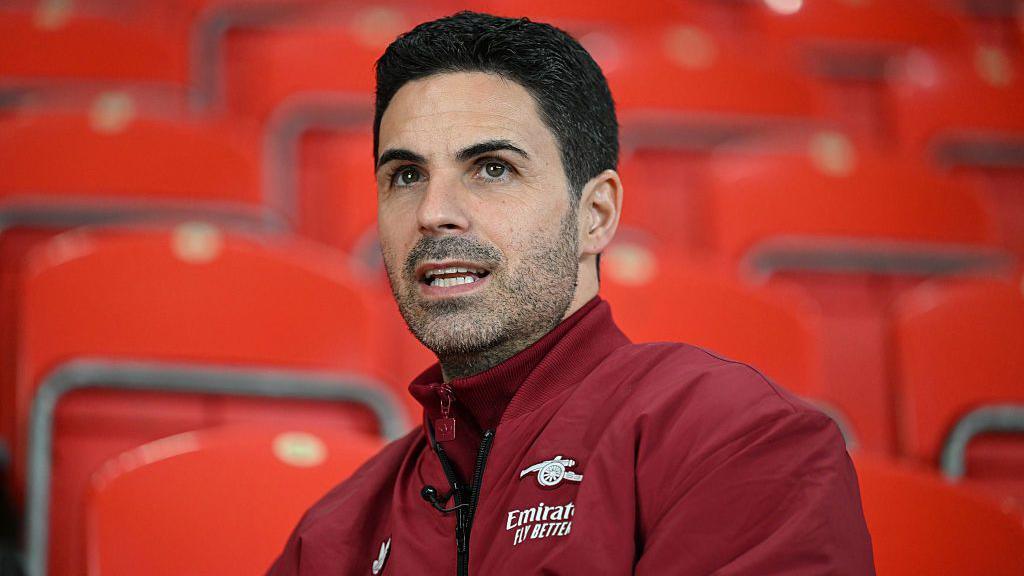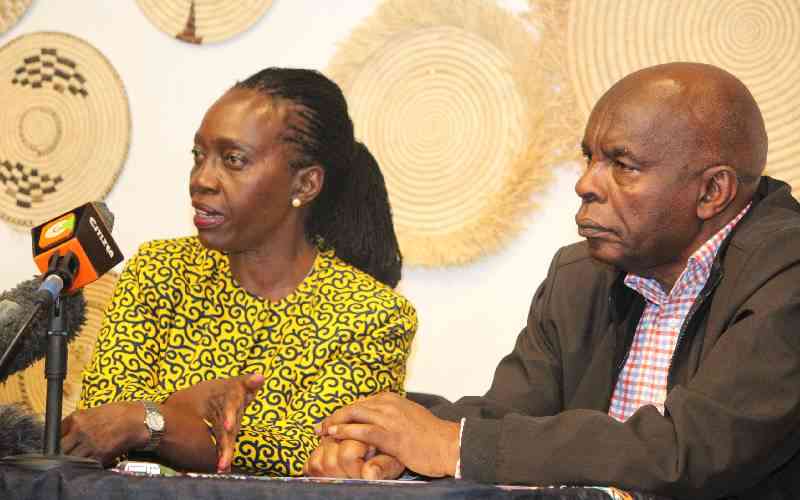SADC Slams Tanzania's Election, Citing Flaws and Democracy Test Failure

The Southern African Development Community (SADC) Election Observer Mission (SEOM) has concluded that Tanzania's 2025 general election did not meet the bloc's democratic standards. In a preliminary statement delivered in Dodoma by former Malawi Speaker of Parliament Richard Msowoya, who led the mission, it was noted that while voting day was largely peaceful, voters could not freely express their democratic will in most areas. The election was found to fall short of the requirements set out in the SADC Principles and Guidelines Governing Democratic Elections (2021), which serve as a benchmark for free, fair, and credible polls among member states.
SEOM's report highlighted systematic exclusion of opposition candidates through various means, including arrests, disqualifications, and intimidation. A notable instance was the detention of opposition leader Tundu Lissu on treason charges. These actions were deemed to have undermined Tanzania's multiparty democracy and deterred voter participation, creating an uneven playing field that curtailed the electorate's ability to make a genuine choice.
Further concerns were raised regarding an internet shutdown, media censorship, and restricted access for international observers during the electoral period. Some SEOM members reportedly faced interrogation by security forces, were forced to delete photos, and had their travel documents temporarily confiscated. The mission also criticized constitutional provisions that prevent courts from challenging presidential election results or decisions made by the Independent National Electoral Commission (INEC), identifying these as obstacles to transparency and accountability. SEOM called for constitutional and electoral reforms to allow for judicial review and the participation of independent candidates.
The independence of the electoral commission was also questioned, given that its members are appointed by the president, who also serves as the chairperson of the ruling party and was a candidate in the election. Observers noted a low voter turnout, with some polling stations deserted, which was attributed to widespread fear and disillusionment stemming from arrests, curfews, and a heavy security presence. Although the pre-election period appeared calm, SEOM described this peace as deceptive, masking covert acts of intimidation and a tense, fearful political atmosphere.
Additional issues flagged by the mission included low female representation, with only three women among 17 presidential candidates, and limited participation of youth and persons with disabilities. Regarding media coverage, SEOM observed that state-owned outlets favored the ruling party, while private media practiced self-censorship due to fear of reprisals. The mission urged the government to implement comprehensive reforms, including allowing independent candidates, enabling judicial review of presidential election results, guaranteeing protection for election observers, and enhancing gender and youth inclusion in politics. Despite its critical assessment, SEOM appealed for calm, encouraging Tanzanians to resolve grievances through lawful channels and avoid violence.
The preliminary report was released on the same day President Samia Suluhu Hassan was sworn in for a second term. Breaking with Tanzania's long-standing tradition of public inaugurations, the ceremony was held at a military base in Dodoma, closed to the public, and under tight security at the Tanzania People's Defence Force parade grounds. Only senior government and security officials attended. The event was aired live on state-run TBC, but independent journalists and foreign guests were barred. President Samia, 64, who was declared the winner with 98 percent of the vote, took the oath amidst a nationwide internet blackout, curfews, and reports of protests and killings in several cities. Her main challengers were either jailed, disqualified, or placed under surveillance, leaving her without significant competition. This muted ceremony starkly contrasted with previous Tanzanian inaugurations, which typically drew thousands of cheering citizens, diplomats, and regional leaders.
You may also like...
Justice for Ochanya? What Does the Law Say

“Justice for Ochanya?” is a powerful social awareness piece exploring the story of Ochanya Ogbanje, the Benue schoolgirl...
Shock Exit: Gary O'Neil Abandons Wolves Managerial Return Bid

Gary O'Neil has withdrawn from the running to become Wolves manager, despite reports of an imminent return to the club h...
Arteta's Fixture Fury: Arsenal Boss Demands Premier League Match Reschedule Amid Carabao Cup Crunch

Arsenal manager Mikel Arteta has called for a Premier League match to be moved, citing fixture congestion caused by a Ca...
One Piece Season 3 Casts Fan-Favorite Bon Clay Ahead of Grand Line Release

Netflix's live-action "One Piece" has announced Cole Escola will join Season 3 as the fan-favorite villain Bon Clay, a t...
Hollywood Mourns Loss of Screen Legend Diane Ladd as Daughter Laura Dern Shares Heartfelt Tribute

Three-time Oscar-nominated actress Diane Ladd has passed away at 89, leaving behind a remarkable legacy. Her daughter, L...
Lasgidi Exhibition Explodes with Fusion of Fashion and Arts in Nigeria

Discover the evolving landscape of contemporary African art at the 'LASGIDI' exhibition during Lagos Art Week, presented...
SADC Slams Tanzania's Election, Citing Flaws and Democracy Test Failure

The SADC Election Observer Mission has declared Tanzania's 2025 general election fell short of democratic standards, cit...
Strictly Star Dianne Buswell Reveals Joyful Pregnancy News to Family

Strictly Come Dancing star Dianne Buswell and Joe Sugg are expecting their first child, a baby boy. The couple shared he...


&format=jpeg)

